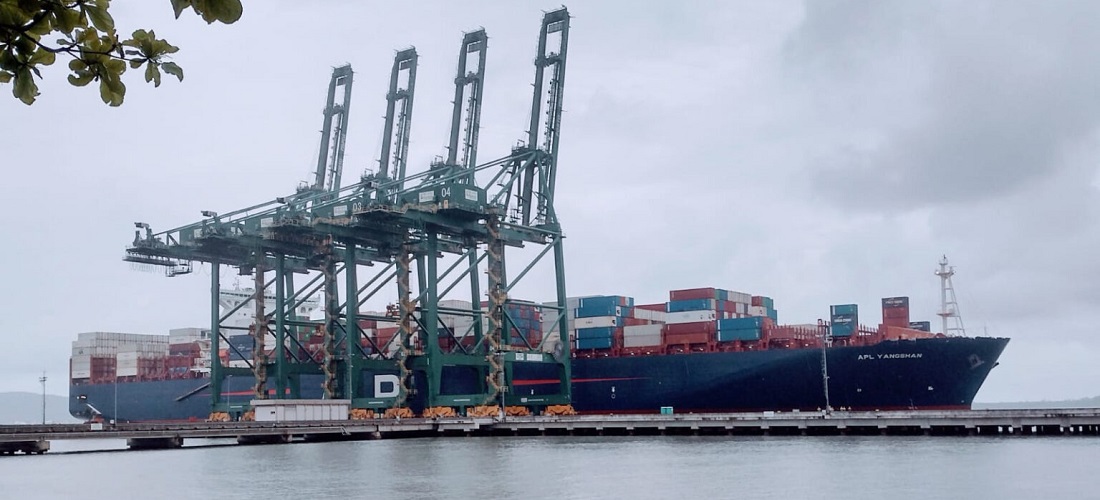
Itapoá Port Unveils Rescue Cage of Its Own Design
Jan, 18, 2024 Posted by Gabriel MalheirosWeek 202403
In a pioneering initiative in the Brazilian port scene, Itapoá Port has introduced a unique and innovative solution for emergency situations: its own rescue cage.
Faced with the absence of such cages in the national market, Itapoá decided to take the lead and create a cage that meets the specific needs of port operations.
According to Porto Itapoá’s Director of Operations, Technology, and Environment, Sergni Pessoa Rosa Jr, the cage will be used for rescue in critical situations. “The models in Europe did not meet our specific needs, which prompted our team to develop a solution internally,” he said.
The cage model stands out for having four doors, providing easy access for rescue teams. This feature was carefully designed to optimize rescue operations in emergency cases, ensuring efficiency and speed in response.
In addition, the equipment will have a system for hoisting and positioning potential accident victims, facilitating their maneuver and making the rescue faster, including during at-sea situations. “This is a significant addition to our operation, albeit one we hope never to use,” commented the Terminal’s director.
The conception of the emergency cage involved a collaborative approach, with the active participation of various divisions within Itapoá Port.
By becoming the only port in Brazil to have one of those, Itapoá reinforces its commitment to operational excellence and life protection. The emergency cage not only represents a step forward in terms of preparation for critical situations but also shows that Itapoá is a hub for innovation and safety in the national port scenario.
-
Sugar and Ethanol
Nov, 22, 2021
0
Two mills in Goiás receive halal certificate to export crystal sugar
-
Shipping
Feb, 11, 2020
0
MSC service linking Chile to Europe returns to Valparaiso with two calls a week
-
Shipping
May, 21, 2024
0
Dali towed away from Baltimore bridge collapse site
-
Shipping
Aug, 02, 2022
0
What do the results of this shipping giant teach us about freight?

